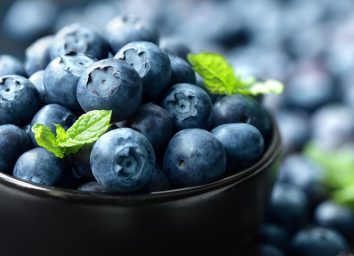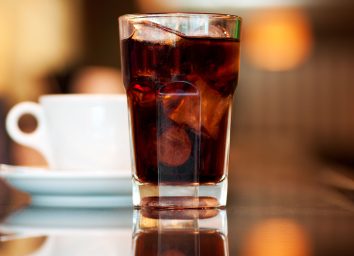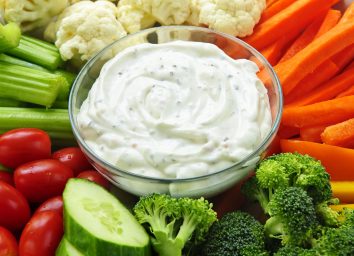Popular Diets That May Cause Damage to Your Kidneys, Science Says
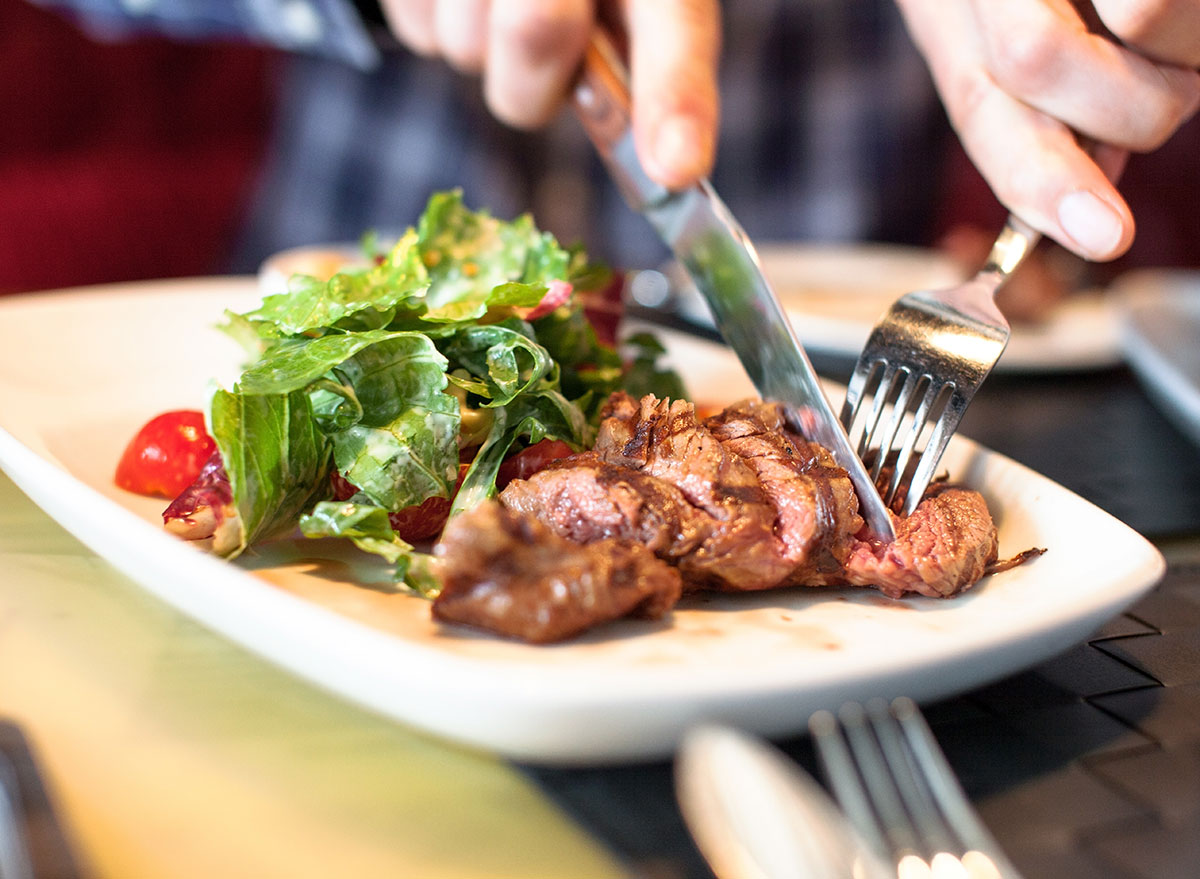
Finding a diet plan you can stick to is of the essence when you’re trying to lose weight. However, even an eating plan that benefits your weight loss goals could mean trouble for your overall health. In fact, a number of popular diets could be causing serious kidney damage—and you might not even realize your health is in trouble until it’s too late. Read on to discover which diets could cause long-term kidney damage so you can proceed with caution and ask a medical professional if this diet is right for you. It’s important to be comforted that most healthy people do not need to be concerned about their diet affecting their kidney health; however, “if you have any kidney weakness or illness, it’s recommended to discuss safe protocols with a professional,” notes Amy Shapiro, MS, RD, CDN, founder and director of Real Nutrition NYC, and member of our medical review board.
And for some healthier ways to slim down, check out these 15 Underrated Weight Loss Tips That Actually Work.
Keto
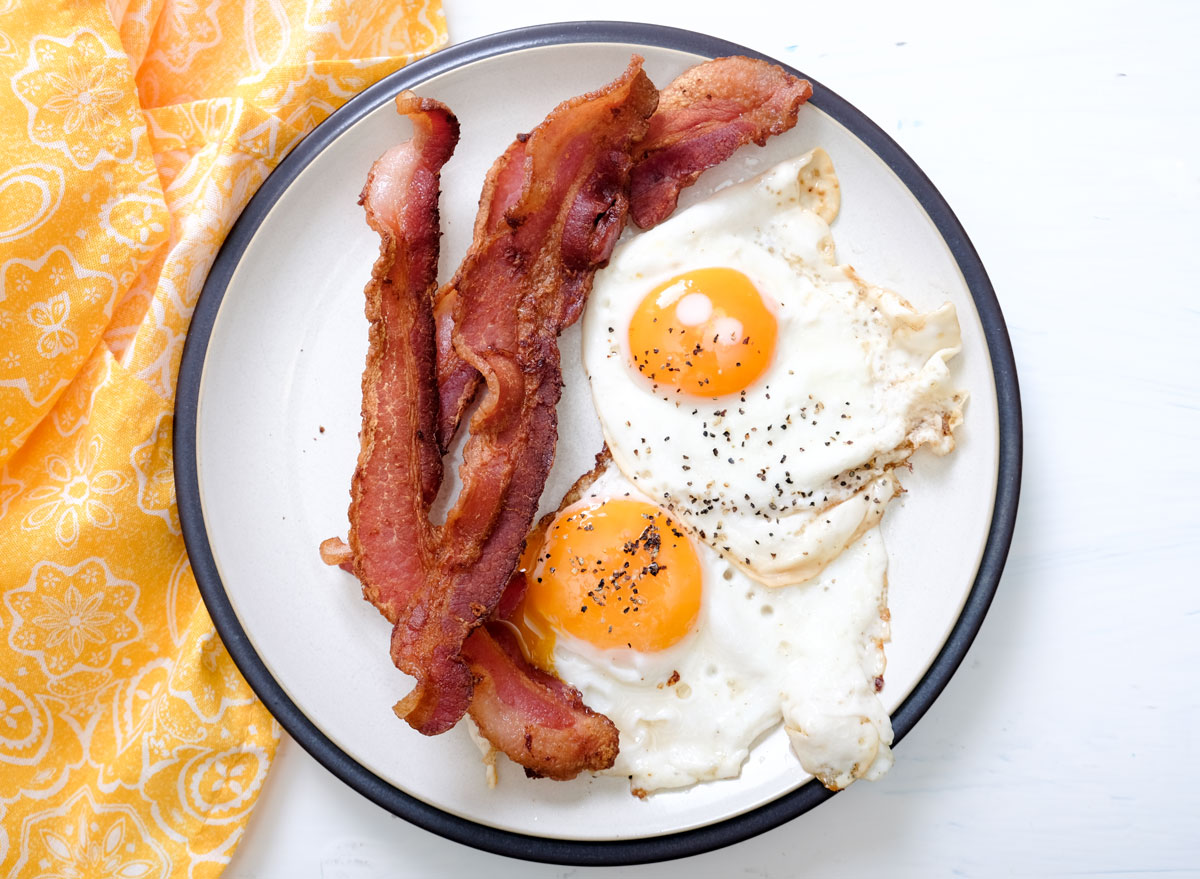
While keto has been lauded as an effective means of losing weight quickly by many of its proponents, it may have some downsides when it comes to kidney health. According to a study published in the Journal of Child Neurology, among a group of 195 children prescribed a ketogenic diet for epilepsy, 13 developed kidney stones. If you’re currently trying out this popular diet, make sure to avoid these 8 Major Mistakes You’re Making on the Keto Diet.
Fasting

By giving your digestive system a bit of a break, intermittent fasting may aid in weight loss; however, going on longer fasts may have deleterious effects on your kidney health. A 2018 study published in the Bratislava Medical Journal found that patients who undertook an 11-day fast during which they consumed only water increased their uric acid production and experienced a decrease in kidney function once integrating food back into their diet; however, the results showed that this reduced function was still in a safe range. Kidney function also returned to normal 11 days after the end of the fast and ultimately the participants were able to reduce oxidative stress, body weight, and blood pressure thanks to the fast. If you have any preexisting conditions with your kidneys, it’s best to consult a doctor before trying a fast.
Juice Fasting

If you’re thinking about going on a juice fast to shed some weight, you might want to ensure that your kidneys are healthy enough to do so first. A 2013 review of research published in the American Journal of Medicine reveals that juicing oxalate-rich fruits and vegetables—including berries, beets, oranges, and spinach, among others—can cause severe kidney health issues.
“Juicing followed by heavy consumption of oxalate-rich juices appears to be a potential cause of oxalate nephropathy and acute renal failure,” the study’s authors explain. Another kidney issue that could arise with juicing is the levels of potassium in some foods: “Those with kidney issues may need to look out for the potassium in some of the foods,” says Shapiro, because those with kidney disease cannot remove extra potassium from the body, and too much potassium can stay in your blood, which may lead to dangerous side effects such as heart attacks, according to the American Kidney Fund.
And for more incentive to leave that sugary drink on the shelf, check out these 5 Reasons You Should Stop Drinking Juice, According to Dietitians.
Soy-Heavy Diets
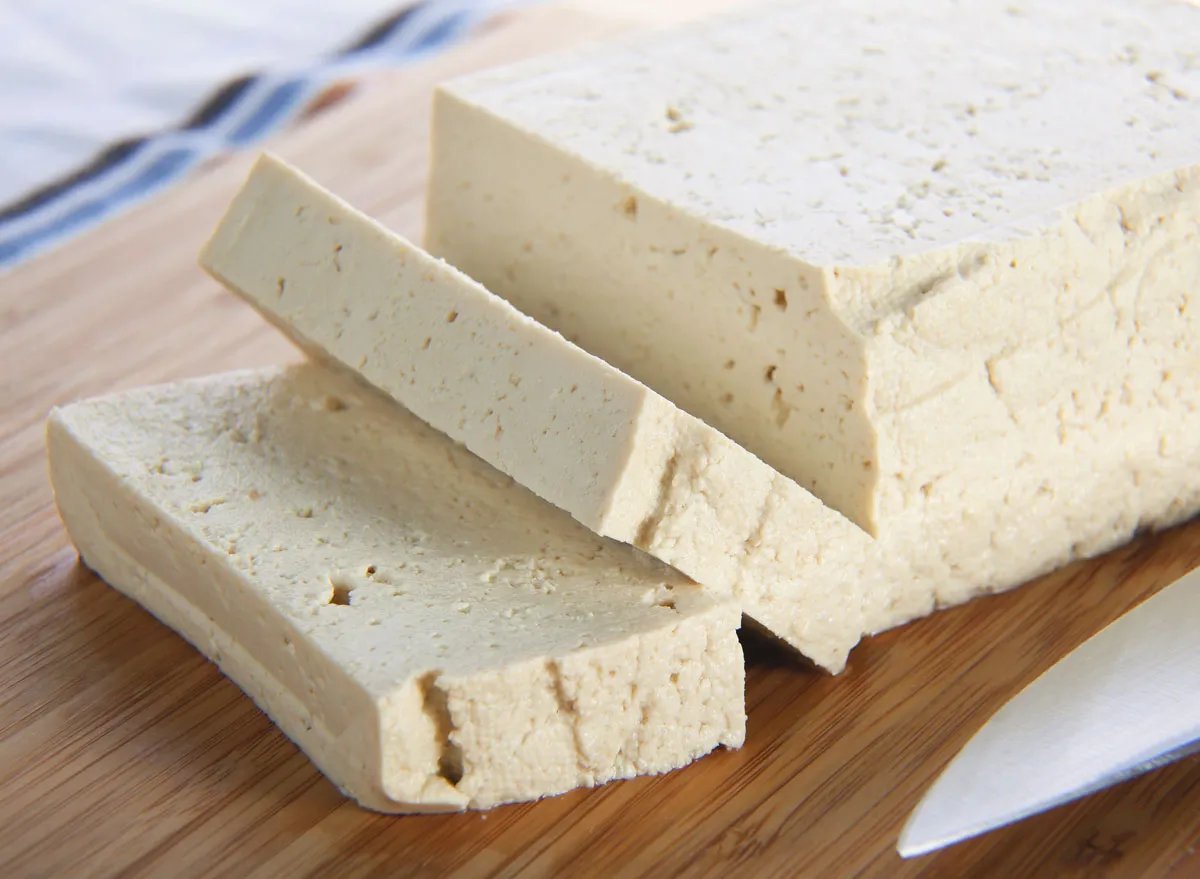
While reducing the amount of animal protein in your diet may have positive effects for your health, if you’re replacing those sources of protein with soy-based substitutes, you could be inadvertently causing kidney damage.
According to a very small study of just 8 subjects published in Topics in Clinical Nutrition, frequent soy consumption may increase the excretion of urinary oxalate—a compound found in soy and certain other foods—thus increasing a person’s risk of developing kidney stones. It’s important to note, however, that this study did not examine any long-term effects on kidneys after eating the soy foods, and only looked at the immediate effects after 8 hours of consumption. Thus, soy foods’ influence on kidney health was speculative. Because there are many benefits of eating soy foods, if you are concerned about their effects on your kidneys, then it’s worth discussing with your doctor.
For more healthy eating news delivered straight to your inbox, sign up for our newsletter!
